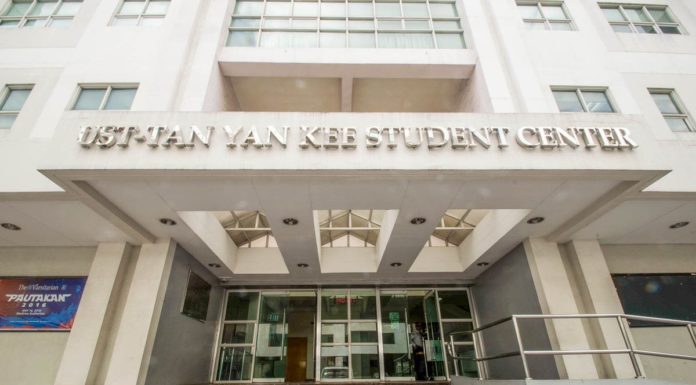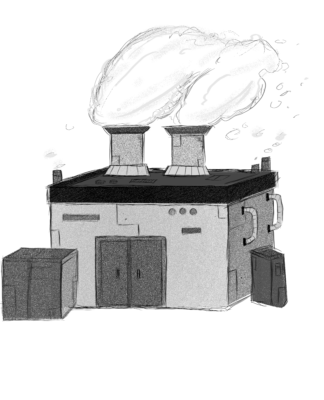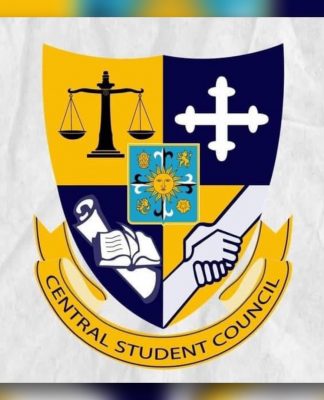WE OFTEN see them every Sunday, standing behind the altar and celebrating the Mass.
But have you ever wondered how a priest spends the rest of the week, once he gives his final blessing and utters the words “the Mass is ended”?
A priest’s duty does not end with the Sunday service. The Eucharistic celebration is central to his life as an alter Christus, a visible representation of Christ. But much is expected of him.
The vocation demands constant and visible presence, from Sundays when he celebrates Mass until the wee hours of the morning when an emergency calls for his service.
“If there is a person who should make you feel the presence of Christ, it should be the priest,” said Fr. Manuel Lamprea, Jr., parish priest of the Immaculate Conception Parish in Batac, Ilocos Norte.
Last March, Pope Benedict XVI declared June 2009 to June 2010 as “Year for Priests” to help deepen priests’ commitment to their vocation. This special year marks the 150th anniversary of St. John Mary Vianney, the Universal Patron of Priests whom the Holy Father considers as the “true example of a priest at the service of the flock of Christ.” The celebration, which started last June 19, will conclude on the same date in 2010, during the World Meeting of Priests in Rome.
On and before Sunday
Managing a parish with around 25,000 Catholics is no easy feat. The diocesan priest provides pastoral services such as outreach programs, spiritual formation for the youth and counseling on family life and marriage preparation, preaches God’s words and holds sacraments for the people living in the area entrusted to him by the bishop.
For Lamprea and his associate priest, the first two days of the week are the least busy. He considers Mondays his “day off,” while Tuesdays are intended for meetings with the Parish Pastoral Council, a group of Catholic parishioners who advise the priest regarding pastoral matters such as missionary and apostolic undertakings. However, there are times when these idle days are devoted to performing religious rites and accommodating the parishioners’ needs. Indeed, being a priest is a full-time commitment.
“We have to accept arrangements on these days because of the number of Catholics who seek for our services,” Lamprea said.
Besides counseling with parishioners on family, work-related and other personal matters, priests are dedicated to daily Mass and administering the sacraments. For Lamprea, his everyday routine starts with a 6:30 a.m. Mass followed by sacraments and other services, depending on the day of the week.
Sacraments like Baptism and Marriage are celebrated on particular days of the week set by the parish while Confession is given upon request. Weddings are officiated on any day except Sundays and Tuesdays, while Baptismal days are on Wednesdays and Saturdays.
Lamprea also holds afternoon Masses in the barrios from Wednesdays to Sundays. Thus, Sunday proves to be the busiest day of the week for the priest as he officiates two Masses in the morning and one in the afternoon. Meanwhile, his associate priest drives to the far-flung areas to take charge of three to four Masses, two in the morning and one or two in the afternoon.
“We have to drive down the muddy road to get to the barrios,” Lamprea said. “We celebrate mass under a tree and bear the heat because there are no electric fans.”
Lamprea doesn’t see such conditions as a discomfort, but rather opportunities to further deepen his vocation. He’s familiar with most of his parishioners, too, his community being relatively small.
“The people recognize you as a priest,” he said. “It helps us guard our actions, and it makes us conservative and upright.”
The task of managing a community of people with the common goal of spiritual formation, as well as being transferred to different assignments, required Lamprea to be patient and have good communication skills.
“If there are unexpected problems with your people, you have to wait for six years to be reassigned to another diocese,” Lamprea said.
Despite the difficulties, the man remains committed to his vocation since he made his vows 21 years ago.
The slow growth in the population of ordained priests cannot keep up with the rapid increase in the number of Catholics. Earlier this year, bishops called on the faithful to be one in praying for vocations and the sanctification of priests. Florench May C. Corpuz, with reports from Maria Joanna Angela D. Cruz

















